(previously known as Amber Road)
With this integration, you can sync the sales orders, customer info, and trade compliance statuses between NetSuite and E2Open. It will assure compliance with international trade regulations and provide real-time visibility across your entire supply chain network.





If your trading partner system is not integrated with a unified ERP like NetSuite, your staff will wastes hours re-entering orders and invoices by hand. Your orders will remain unprocessed meanwhile your competitors will ship faster. There is a high risk that critical updates get lost in email chains instead of flowing into your system automatically. All these inconveniences give you a competitive disadvantage and hinders business growth.
Below is a detailed breakdown of these challenges:
Your team will have to manually re-enter orders, invoices, and shipment details into the ERP. This adds time and increases the risk of human error. An incorrect product code will result in wrong items shipped, customer returns, and damaged relationships. Your team’s time is wasted on tasks that automation could complete in seconds.
Your customers expect quick order fulfillment. Because of slow order processing, purchase and sales orders remain unprocessed. Each hour an order sits unprocessed is an hour your competitors might gain an advantage. These delays in order processing extend your cash cycle and reduce customer satisfaction.
When finance teams spend extra time to validate data across different sources manually, it makes matching invoices with purchase orders or goods received more complex. Your finance team's talent is wasted on low-value verification tasks instead of strategic analysis. This extends payment cycles and strains partner relationships.
Without an integrated ERP, your team cannot see current stock levels from suppliers or third-party warehouses. This makes resource plans less reliable. Without real-time stock data, your stock is either in excess (which adds to the capital) or you are at the risk of stockouts that disappoint customers and halt production.
Without an integrated ERP, each new partner or transaction needs extensive manual setup. Business expansion creates more work. How? Because when a business grows, manual processes create backlog. Your new partnerships become administrative burdens for the business instead of being growth opportunities.
The business risks non-compliance with partners who need documents in specific formats (such as EDI). Businesses like retail and manufacturing often impose compliance penalties for incorrect documentation. This can result in penalties, damaged business relationships, and potential loss of preferred vendor status.
Decision-makers rely on ERP data for critical choices. When this data lacks accuracy, your business makes costly mistakes in purchases, staff allocation, and financial forecasts. This inaccuracy results from updates being shared through emails or phone calls instead of automatically feeding into the ERP.
Forecast and demand planning are affected by absent or late partner data. Companies end up buying too much or run out of essential items. It leads to cash flow problems from excess inventory or lost sales from stockouts and creates a constant cycle of crisis management rather than strategic operation.
When partner information is scattered across emails, spreadsheets, and various tools, internal teams are forced to operate without complete data. Teams make contradictory decisions based on different information sources. This creates confusion, duplication of effort, and customer disappointment.
Outbound and inbound payments face delays when approval and check steps cdon’t reflect in the ERP system. This delays both sending and receiving payments. Payment delays result in strained relationships with suppliers and less favorable terms. It also hurts cash flow and increase administrative costs from follow-up efforts.
By eliminating manual data entry completely, orders flow automatically from placement to fulfillment.
Rapid exchange of EDI transactions can happen in minutes rather than days and it speeds up business processes.
Automated integrations virtually eliminate human error and free up your team's time to focus on more strategic tasks.
Integration supports scalability by enabling businesses to manage increasing numbers of trading partners and transactions.
Integration ensures seamless compliance with global trade regulations by automating restricted party screenings, document management, and duty optimization.
With Folio3 as your ERP integration partner, you get industrial-strength 35+ pre-built and fully customized Oracle NetSuite integration solutions that connect your NetSuite ERP to the tech apps your business relies on and teams love to use.
If you are looking for a trading partner connector, we offer smooth and hassle-free integration of NetSuite with E2Open EOD for your business’s global trade management.
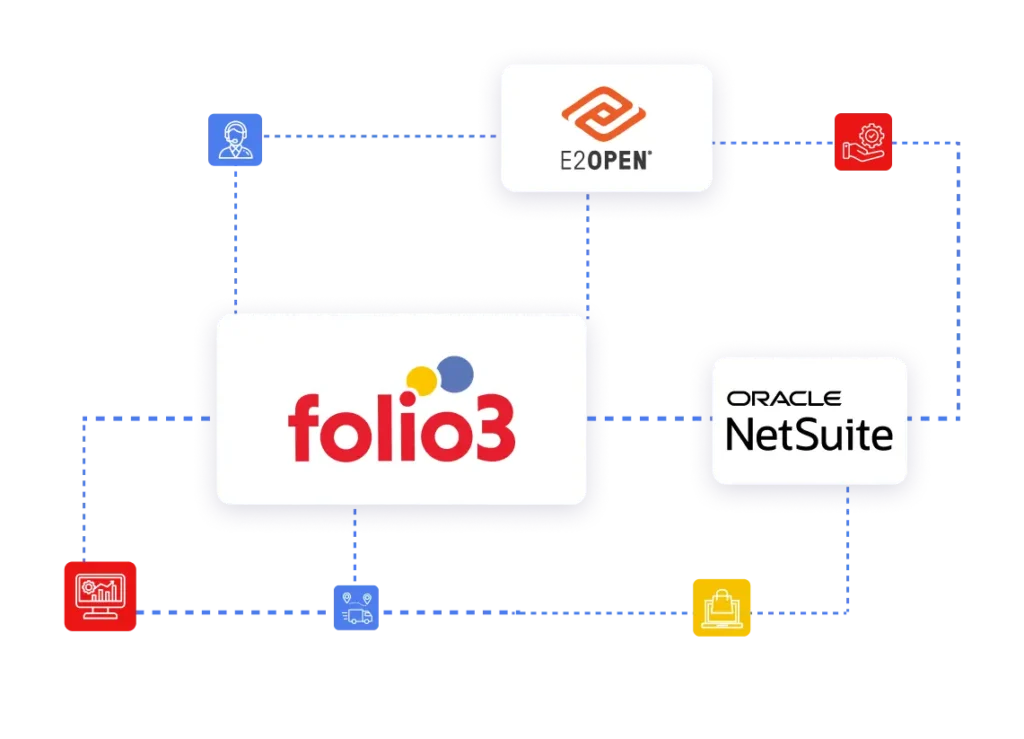
A successful integration depends on your ability to understand the timeline when preparing to integrate NetSuite with your trading partner networks. What to expect is as follows:
Tailored to individual business requirements might vary substantially in timeline.
Pre-built trading partner network connectors enable quick,
seamless data synchronization.
Custom integration is complex, as we have to integrate the preferred trading partner network and add customer-specific pricing, currency support, and advanced order management.
We provide initial setup and configuration of the chosen connector to link NetSuite with your selected trading partner network (e.g., E2Open EOD).
The volume of product, order, and customer data needs synchronization between NetSuite and the trading partner network.
We test the connector and make adjustments so the data flow between systems is smooth and any issues get resolved before final integration.
You get unique mailing system functionalities, such as trade compliance, global trade laws, supply chain management, and documentation processing.
We do the final integration review, troubleshoot issues, and provide post-launch support to address user concerns.
NetSuite supports EDI for standard business documents, REST APIs for real-time data exchange, and pre-built connectors for popular platforms. You can also use custom connectors for unique requirements. The choice depends on your trading partner’s capabilities and data volume needs. Folio3 specializes in all integration types, helping you select the most efficient approach for your specific trading relationships.
Integration eliminates manual data entry, reduces errors, and speeds up order processing. This leads to better supplier relationships and improved cash flow. Folio3 helps businesses achieve these benefits through properly configured NetSuite integrations that manage the entire supply chain operations. Do you want real-world examples to make a decision? Our client testimonials are proof of how we helped them an impact.
You can share purchase orders, invoices, shipping notifications, payment information, and much more. The specific data depends on your business relationship and partner capabilities. Most integrations focus on transactional documents that drive order fulfillment and financial processes.
Costs vary based on integration complexity and partner requirements. Factors include development time, third-party connector fees, ongoing maintenance, and support needs. Simple EDI connections cost less than complex custom integrations. Before you make a decision, we want you to check our NetSuite cost breakdown.
NetSuite provides documentation, community forums, support tickets, and integration monitoring tools. The platform includes built-in diagnostic features and error reporting capabilities. However, complex integration issues often require specialized expertise. As a trusted NetSuite Alliance Partner, Folio3 offers expert support services, combining deep NetSuite knowledge with integration experience for faster issue resolution.
Setting up NetSuite trading partner integration involves connection protocol configuration, mapping data fields, and establishing authentication. You’ll need to define what information gets shared, set up security credentials, and test the data flow. Working with experienced NetSuite Alliance Partners like Folio3 ensures proper setup and reduces implementation time.
NetSuite supports a wide range of pre-built connectors for major platforms. You can connect your systems using SuiteTalk (SOAP) or RESTlets (REST APIs), depending on your architecture. As a NetSuite Alliance Partner, Folio3 can help you implement both out-of-the-box and fully custom integrations tailored to your business workflows. If you’re considering a custom-built solution, it’s important to first understand how NetSuite custom development works and what options are available.
NetSuite supports standard EDI formats like X12 and EDIFACT to comply with industry requirements. The system can validate transaction formats, handle required acknowledgments, and maintain audit trails for compliance reporting. Built-in features help meet specific partner mandates for data formatting and transmission timing. With Folio3’s compliance expertise, your integrations will meet all trading partner standards.
Regular maintenance includes:
You’ll need to handle partner system updates, test integrations after NetSuite releases, and manage error resolution. Performance monitoring and backup procedures are also essential. Folio3 offers ongoing support services to maintain integration reliability and handle evolving trading partner needs.
© 2025, Folio3 Software Inc. All rights reserved.